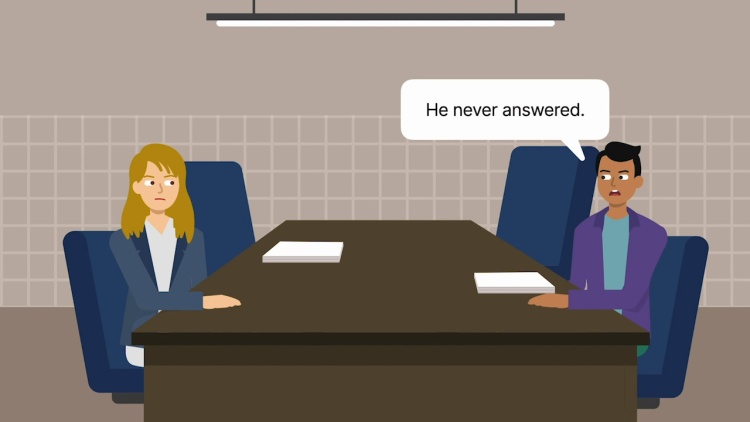United States v. Dillon
United States Court of Appeals for the Sixth Circuit
870 F.2d 1125 (1989)
- Written by Serena Lipski, JD
Facts
Thomas J. Dillon (defendant) sold a pound of cocaine to Edward Knezevich in Columbus, Ohio, between December 1982 and March 1983. Knezevich then sold the cocaine to Sheila Bezotsky, who was cooperating with the FBI. Knezevich was convicted for his crime, and he was then subpoenaed to testify before a grand jury. On December 19, 1984, the night before he was to testify, Knezevich called Dillon to warn him that he would be testifying about purchasing the cocaine from him. On December 20, 1984, Knezevich attempted to talk to Dillon while wearing a hidden recorder as part of his deal with the government, but he was unable to find Dillon. On December 25, Dillon did not appear to get his kids from his ex-wife for Christmas. Dillon’s ex-wife then did not see him in person for the next two years. Dillon only contacted his ex-wife by phone, and she did not know where he was. In June 1987, the FBI arrested Dillon in Florida, where he was living under an assumed name. During trial, the government used Dillon’s departure from Columbus after talking to Knezevich as evidence of awareness of guilt, to which Dillon objected. Dillon argued that he had not fled from Columbus, because he had not left Columbus until two years after his alleged crimes. The trial court overruled Dillon’s objection, and he was convicted. Dillon appealed, arguing that the lower court erred in admitting evidence of his flight and instructing the jury on what inference could be made from this flight.
Rule of Law
Issue
Holding and Reasoning (Merritt, J.)
What to do next…
Here's why 911,000 law students have relied on our case briefs:
- Written by law professors and practitioners, not other law students. 47,100 briefs, keyed to 997 casebooks. Top-notch customer support.
- The right amount of information, includes the facts, issues, rule of law, holding and reasoning, and any concurrences and dissents.
- Access in your classes, works on your mobile and tablet. Massive library of related video lessons and high quality multiple-choice questions.
- Easy to use, uniform format for every case brief. Written in plain English, not in legalese. Our briefs summarize and simplify; they don’t just repeat the court’s language.





